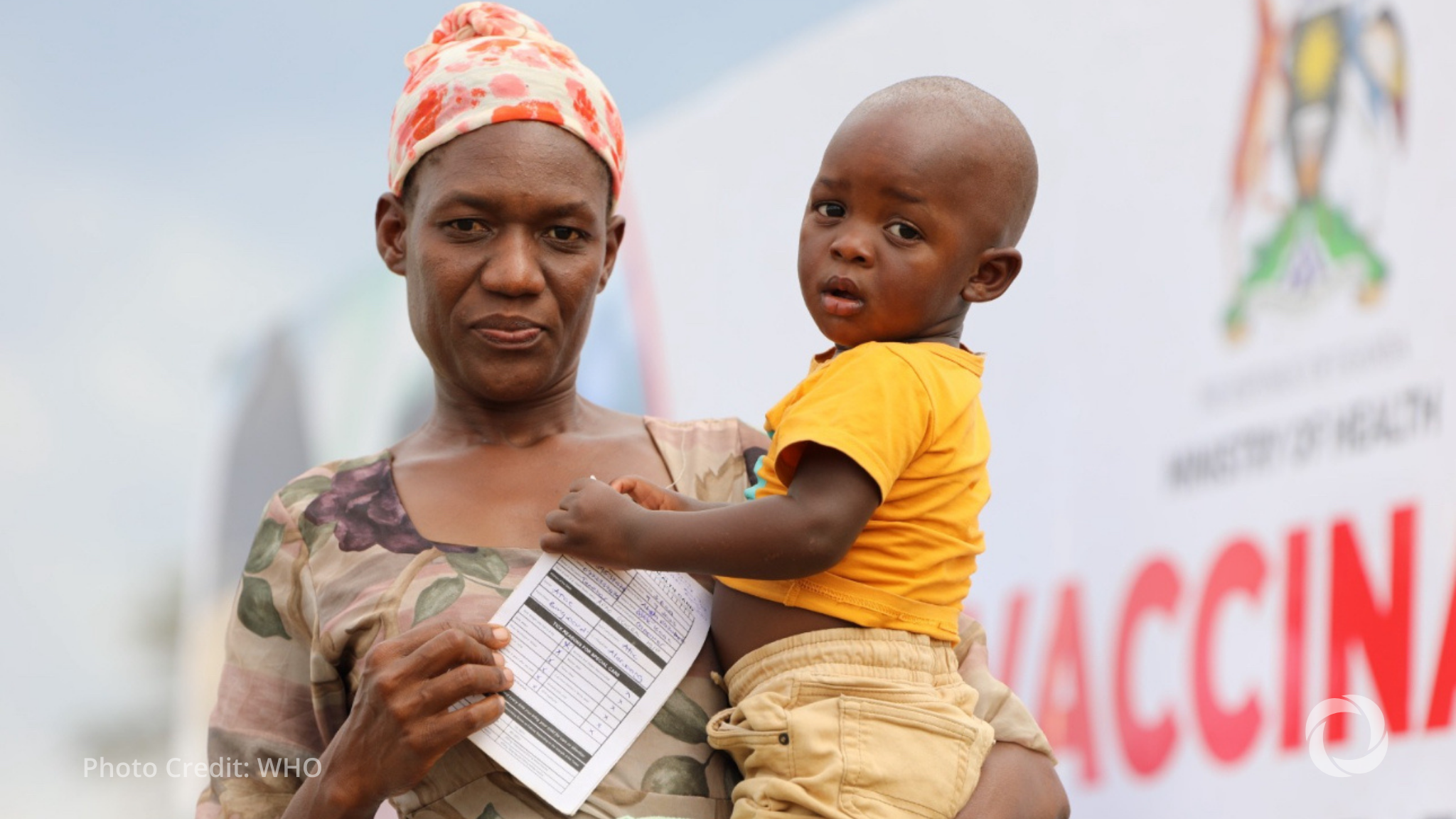Health ministers from across Africa have agreed to boost their countries’ ability to prepare for and respond to health emergencies. At the 75th session of the World Health Organization (WHO) Regional Committee for Africa in Lusaka, Zambia, they committed to quick action to build stronger health systems that can handle crises without disrupting everyday care.
One key focus is expanding and better distributing health workers. Countries promised to hire more staff, spread them fairly between cities and rural areas, and invest in ongoing training so they’re ready for emergencies and routine care. Training centers will work more closely with governments to match education with national health needs.
In 2025, WHO and partners dealt with over 21 health emergencies across Africa — from outbreaks like cholera, measles, and dengue, to crises caused by conflict and displacement. These situations often require fast action across borders, showing how demanding emergency response can be.
Dr. Mohamed Janabi, WHO Regional Director for Africa, said, “We can no longer afford to be caught off guard. While the region has made progress, every crisis reminds us that strong systems are needed both for emergencies and daily health services.”
Ministers also called for making health services more resilient, especially in fragile and conflict-affected areas. They stressed better leadership, improved coordination, and stronger infrastructure that can handle shocks. Lessons from past emergencies will guide improvements at every level.
Another focus is involving communities more in planning. Ministers want to build early warning systems with local workers and give grassroots groups the training and tools to act fast. This will build trust, speed responses, and help protect all communities.
To make this possible, countries agreed to increase local funding instead of relying only on outside aid. Money will support immediate needs and help build long-term capacity at the frontlines.

